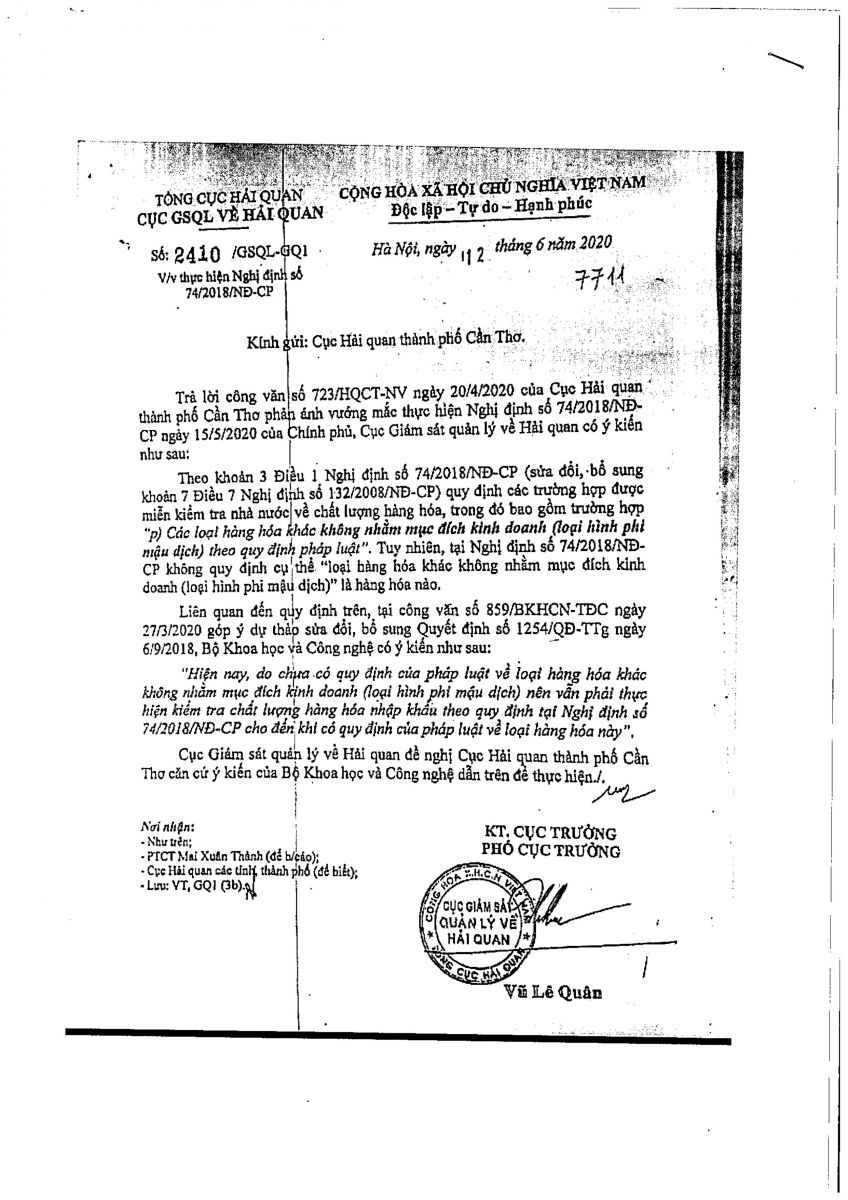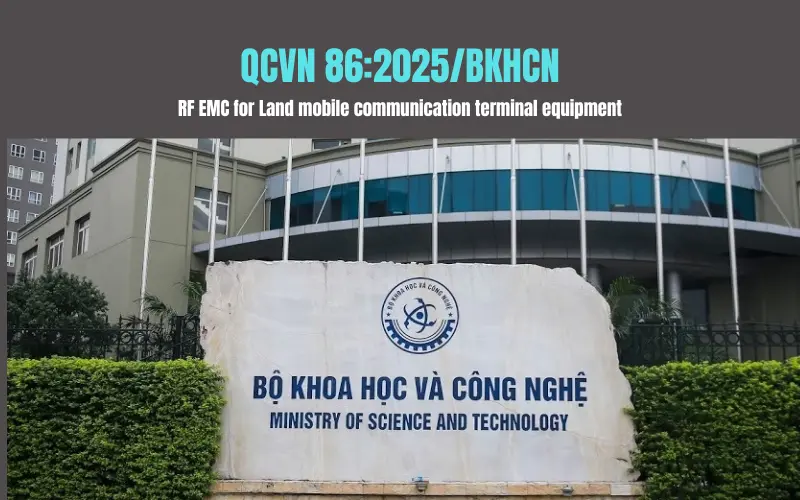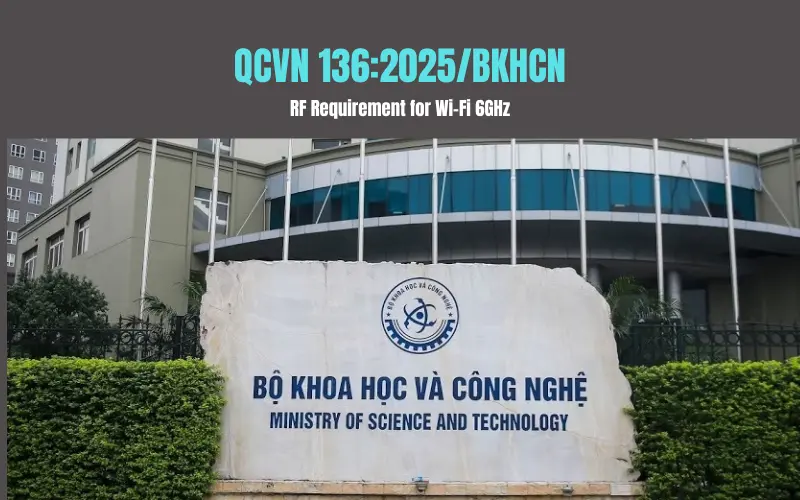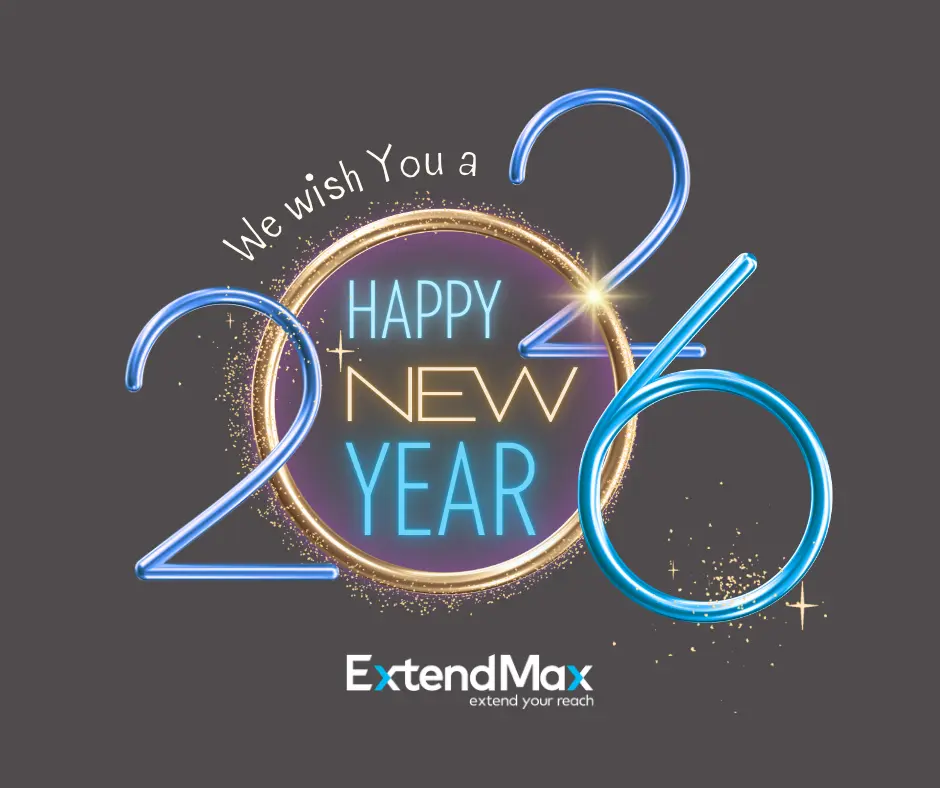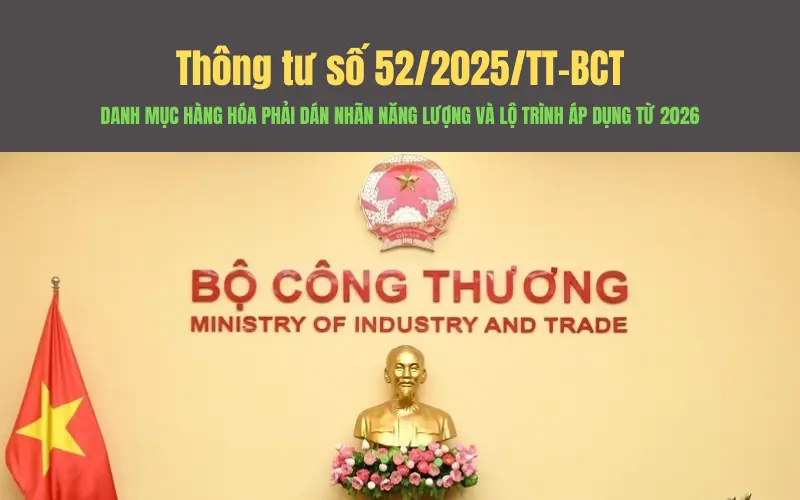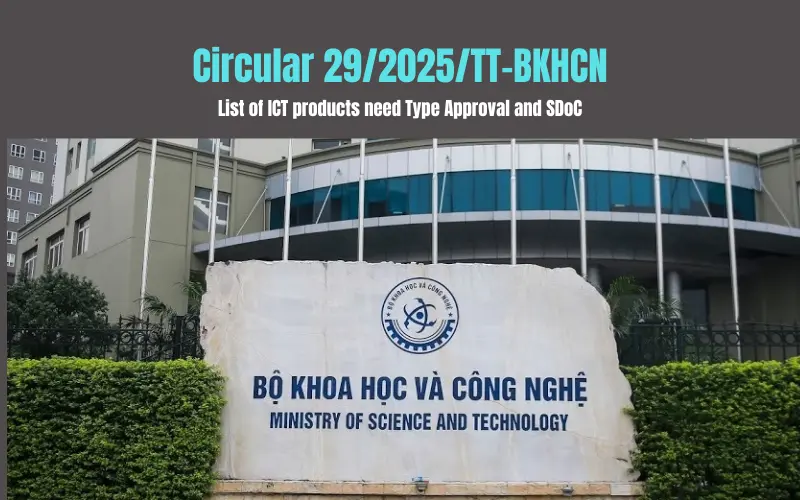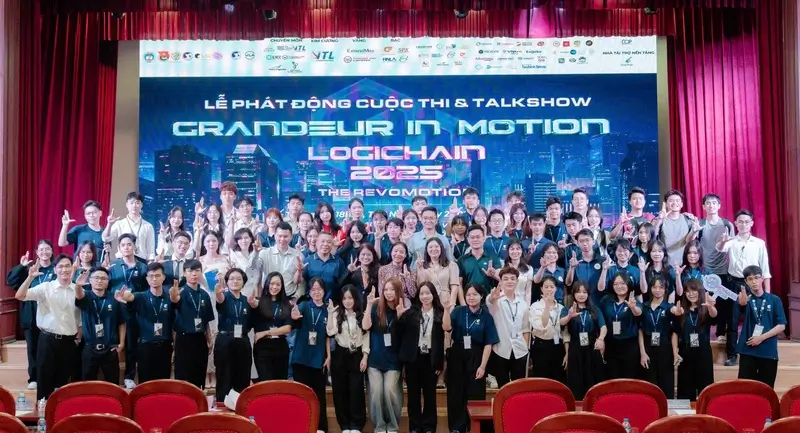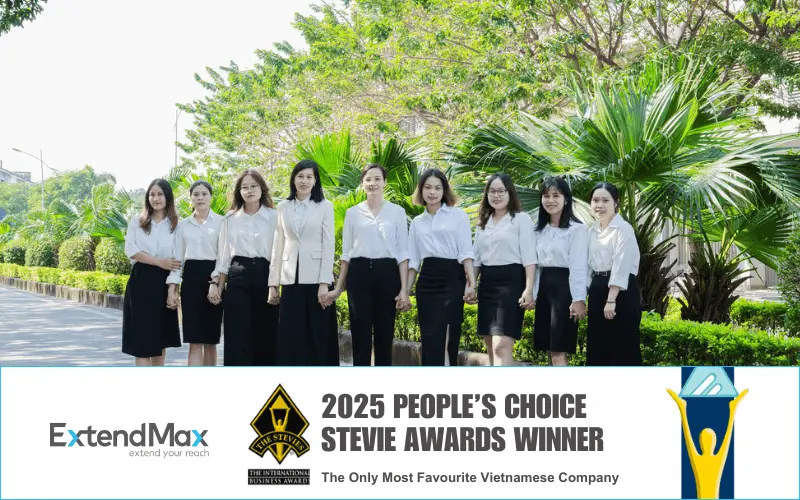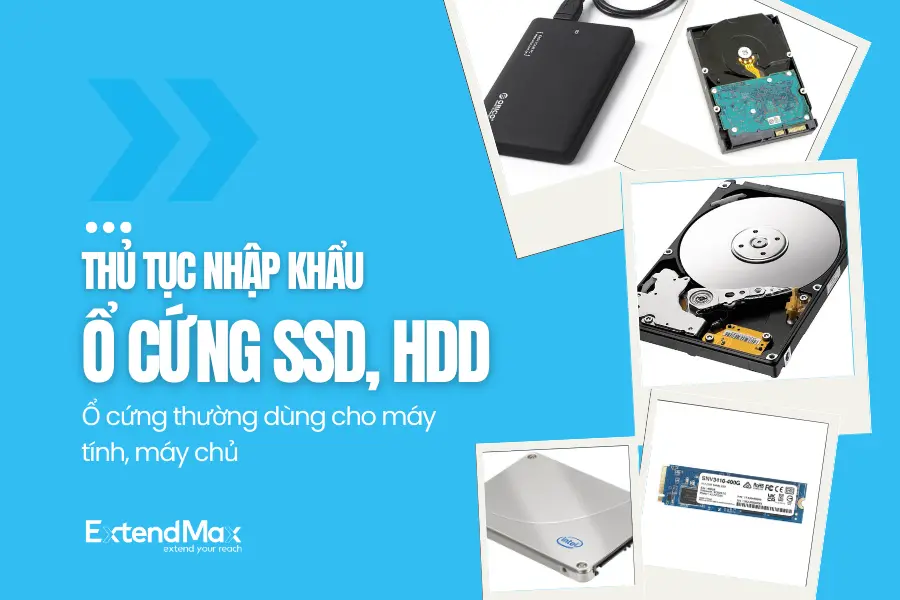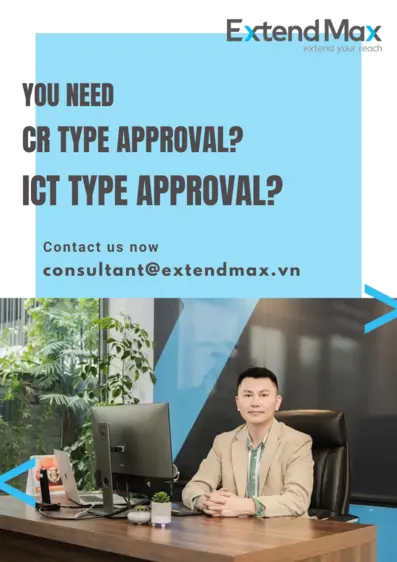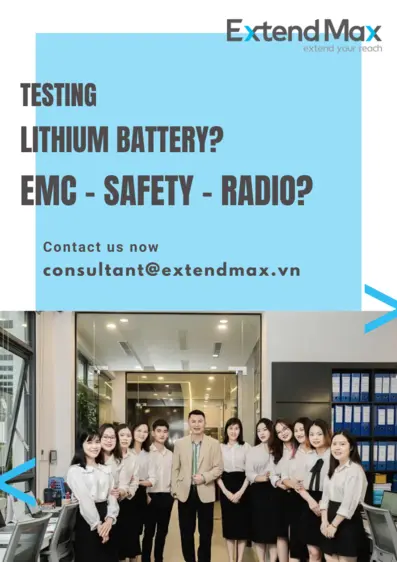On 12/06/2020 Customs Supervision and Management Department has issued Official Letter No. 2410 / GSQL-GQ1 to Can Tho City Customs Department, in which detailing "Currently, because there is no regulation on other non-commercial goods (non-trade type), the quality of imported goods must be inspected in accordance with Decree No. 74/2018/ ND-CP until legal provisions on this kind of goods are issued". It means Non-commercial samples still need product quality inspection registration (PQIR) for customs clearance.
PQIR including below steps:
(1) Registering at management authority (Eg: VNTA for wireless device)
(2) Sampling and do the testing
(3) Obtain type approval certificate or make SDoC
Learn more: PQIR for wireless and ITE device
The Ministry of Finance's Circular No. 112/2005 / TT-BTC of December 15, 2005, detailing "non-commercial" goods and the type of "non-commercial import and export goods declaration" however This Circular has expired and was replaced by other versions of the Ministry of Finance's "GUIDANCE ON CUSTOMS PROCEDURES, CUSTOMS INSPECTION AND SUPERVISION". The current Circular is Circular No. 80/2019 / TT-BTC of November 15, 2019, which does not contain provisions on "non-commercial goods" or "non-commercial imports", thus causing a flood. While Decree No. 74/2018/ND-CP stipulates that "non-commercial types" of goods are exempt from state quality inspection of imported goods, there are no other legal documents or laws (which is still in effect) stipulate the definition or detailed instructions of "non-commercial imports" to follow.
The application of state inspection of imported goods for non-commercial purposes is in accordance with current regulations but may cause some bad situations such as:
1. An enterprise importing a product as a model for marketing or for its own use, must still proceed quality inspection in accordance with QCVN 4: 2009 and Amendment 1: 2016. But after performing safety test, the sample product was destroyed during testing. As a result, the business completed the procedure but the sample is no longer exist :). Therefore importers should import at least 2 sample products of the same model.
2. Currently the cost of testing and certification of conformity is relatively high, in some cases the cost of quality inspection may be many times higher than the value of the product (eg mobile phones).
In addition to the procedures for state quality inspection of imported goods (together with testing, type approval certification), the following procedures and permits are also not exempt for goods imported for non-commercial or self-use purposes:
1. Minimum Energy Performance Standard (MEPS).
2. Import permit for Cyber Sercurity Products.
3. Import permit for Civil Cryptography Product.
>>> Read more: Guide to creating a complete import-export document set
>>> Useful knowledge: Non-commercial import and export and 6 secrets no one has told you
